We are extremely close, my mom and I, so I didn’t think I would learn anything new about her when I read her memoir, Passport to Paris, which has just been published. The book covers the pivotal years of 1950-1952, when my mother lived in Paris with my father and me, and then, after the separation, just with me, a small child.
Some stories I’d heard before, such as the time she was trapped in a classroom at the Sorbonne and told she must take off her clothes.
As I edit manuscripts professionally, it seemed natural for me to edit her memoir, too. I found the general content of the book was familiar: I had, after all, lived a lot of it. And over the years, my mother, Glynne, a gifted raconteur, has regaled the family with key episodes from the book: The time she was trapped in a classroom at the Sorbonne and told she must take off her clothes; the time she bumped into the movie star Jean Gabin and he asked her out; the time she cut out her passport picture (what?) to give to a departing boyfriend. Since even her shopping lists are entertaining, the book’s sparkle and verve were to be expected. But although I knew some of the stories she tells, the memoir, in fact, offered many surprises, revealing new aspects of her character and history.
Passport to Paris: Looking for Love
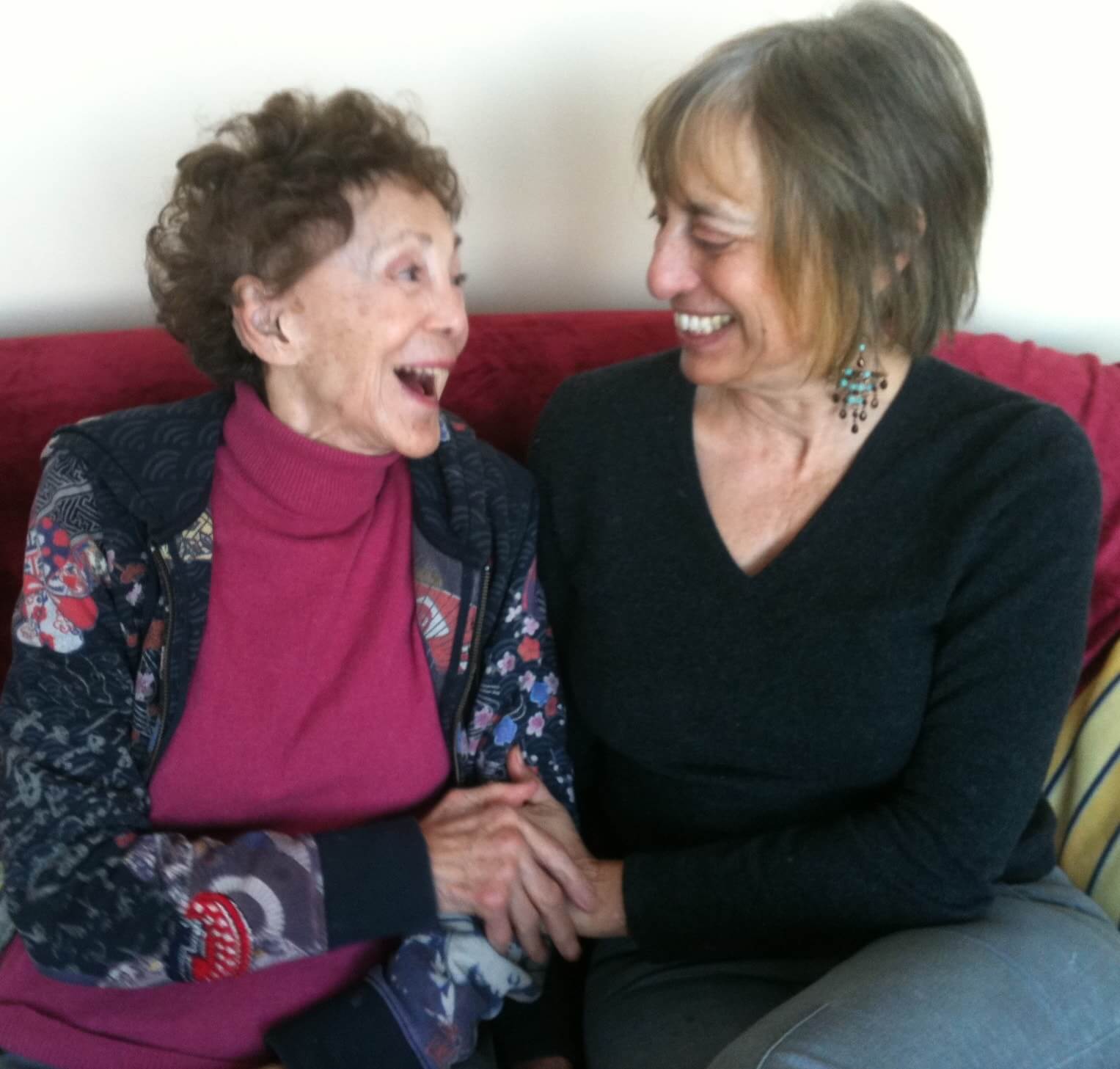
Catherine Hiller and her magnificent mother, Glynne
For instance, I always thought of Glynne as impulsive and emotional, easy to swoon over this one or that. But no: The book reveals that at age 27, married but separated, Glynne had never fallen in love and wondered if she ever would. Knowing this provides a new lens to her past. Maurice, whom she met in Paris and continued to visit over the next 30 years, was not just the great love of her life, but her first love, as well. Her descriptions of Maurice simply glow.
She is both thrilled with him and thrilled with herself that she can (finally!) feel this giddy. I had not expected this book to be about her emotional awakening, and it makes her lifelong bond with Maurice, who died at 57, even more profound.
Another surprise was how highly sexed she was. (Yes, I’ve said it, though she may be cross!) There are several men in this book, and she has a great time with most of them. Although she and my dad separate, they enjoy sex until the day he moves out. She is eager to sleep with her next boyfriend, Ned, but they have nowhere to go.
She describes one of his moves in some detail, including the word ‘penis.’
Finally, she and Maurice get together, and he proves to be a wonderful, indefatigable lover. She describes one of his moves in some detail, including the word “penis.”
“Mom,” I said, looking up from the page when I read her manuscript. “This is a memoir, not a novel. You can’t include that!”
She said, “I can.”
“Think of your friends. Your grandchildren,” I moaned—though my sons are in their 30s and 40s.
She just smiled. The description stayed.
Sexuality permeates the very clothes she wore, as in one description of a skirt:
The salesgirl had smiled, pointing to my hips, and said, “Ah! Superbe!” Her French pronunciation of “superb” was deliciously elongated. After an admiring pause, she’d added, “I tell you why. For the hips, it is cut on the bias, to enhance them while giving flowing to your walk.”
This Mom’s Life
Although she is beautiful and sexy and well aware of the impression she makes, in Passport to Paris, Glynne is first and foremost a mother. This, too, surprised me. When we returned from Paris and moved to Greenwich Village, she treated me with unconditional love and a certain benign neglect. I felt happy and free—perhaps because I never felt I was the very center of her life.
But I was front and center in Paris! Almost all her decisions are informed by how they will affect me, and the reader probably knows where I am at any given moment in the book. “Cathy” is a remarkably self-possessed four-year-old, and my mother lovingly and meticulously captures my chatter, my whims, my tears, and my joys
The book is mainly light-hearted and merry, but it contains a jolting revelation. One afternoon while alone in her Paris apartment, Glynne is visited by a medical student she knows, a Holocaust survivor who saw his parents shot in front of his own eyes. He is sure that Glynne secretly loves him, and when she tells him she does not, he throws her to the floor and rapes her.
It’s hard to read about your mother being raped.
It’s hard to read about your mother being raped.
Afterwards, while my mother is still getting up from the floor, he asks her to marry him.
She tells him he could be jailed for what he has done, but she does not call the police. In France at that time, she would not have been believed. More important, she feels pity for her rapist for what he has lived through. Still, he has hurt and humiliated her, and as he finally leaves the apartment, she calls after him, “Next time you ask someone to marry you, don’t rape her first!”
Her reaction to the rape may be the most shocking thing about this book. Young women may be horrified that she didn’t seek justice and incredulous that she wasn’t traumatized, though it put her off sex for a night or two. But she had her own code and she did as she saw fit.
Pursuing Her Own Path
One way Glynne was unusual for her time was in her quest for independence. She was in a pretty good marriage with a man who adored her, but “pretty good” wasn’t good enough for her. She wanted to seize the reins of her own life and choose her own direction. My father had done everything for her—planning for Paris, budgeting their meager finances, arranging their social life. Now she wanted to do things for herself. Almost a generation before second-wave feminism, she wanted to be self-directed and self-sufficient.
‘More feminine than feminist,’ is how I thought of my mother, yet after reading her memoir, I have to reconsider.
My mother has been married three times and is something of a coquette. She always straightens up when there’s a man in the room, and I’ve never associated her with women’s liberation. “More feminine than feminist,” I would have said, yet after reading her memoir, I have to reconsider.
She made a bold move, back then, leaving my father to live a bohemian life with me in Paris. And she is making a bold move, now, publishing an intimate memoir that reveals new aspects of a person I thought I knew inside out.
Do we ever truly know another’s life?
At the age of 94, my mom is still surprising me.
Further Reading
The Seasons of My Mother: A Memoir of Love, Family, and Flowers

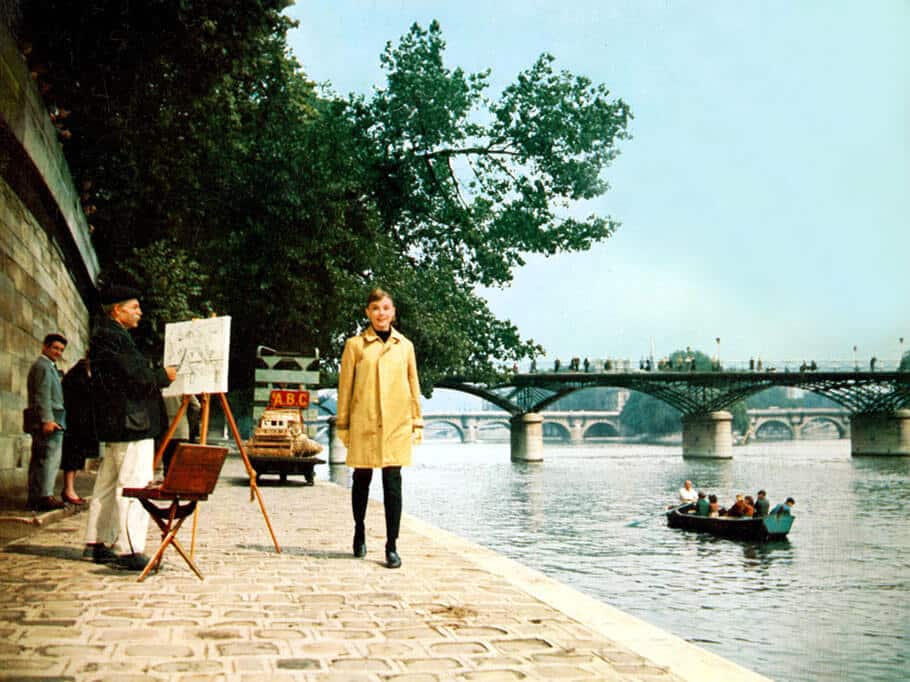
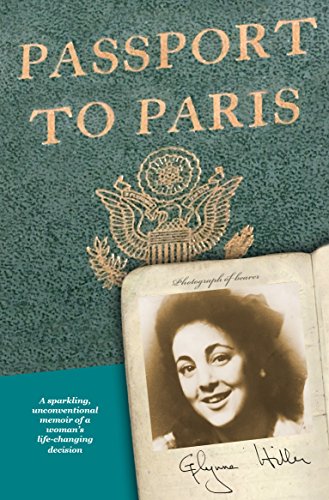






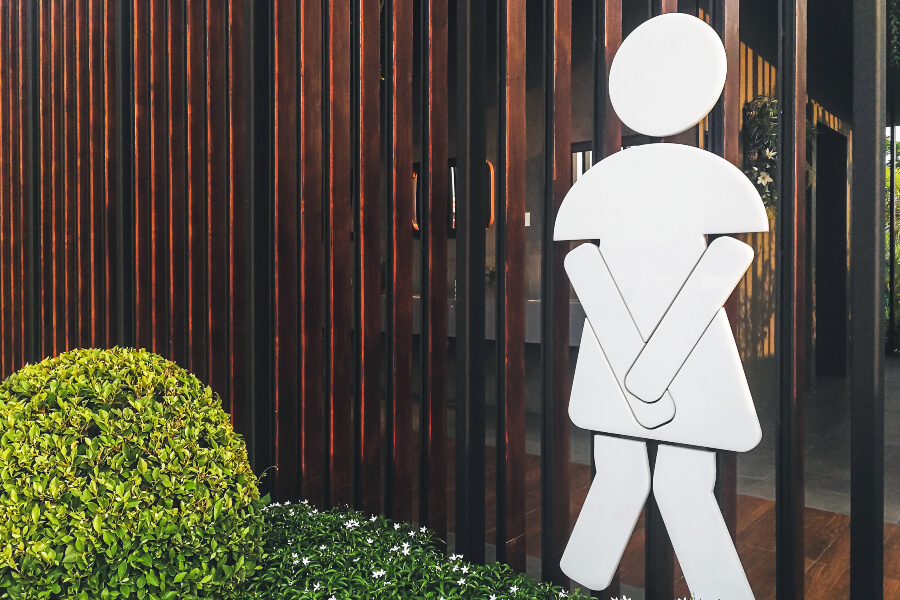






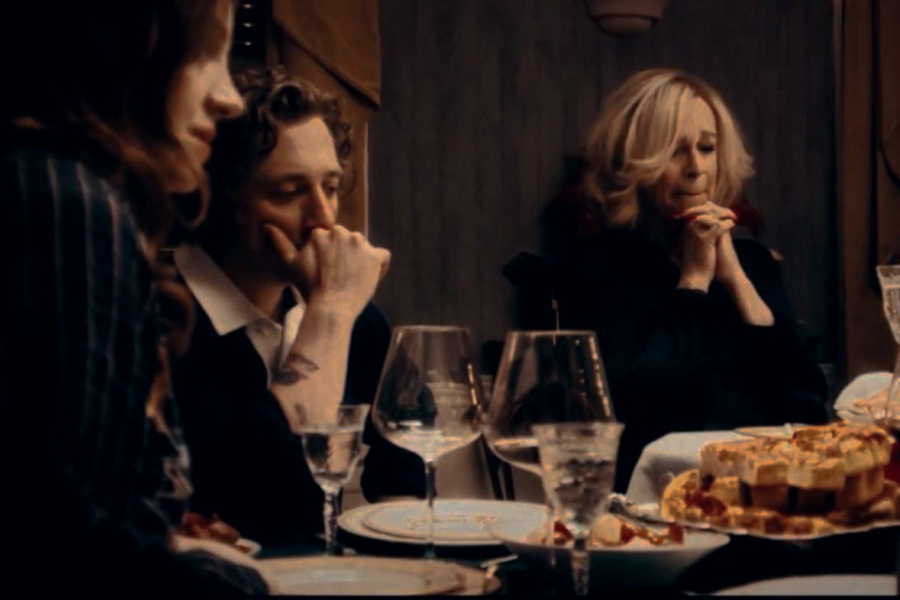

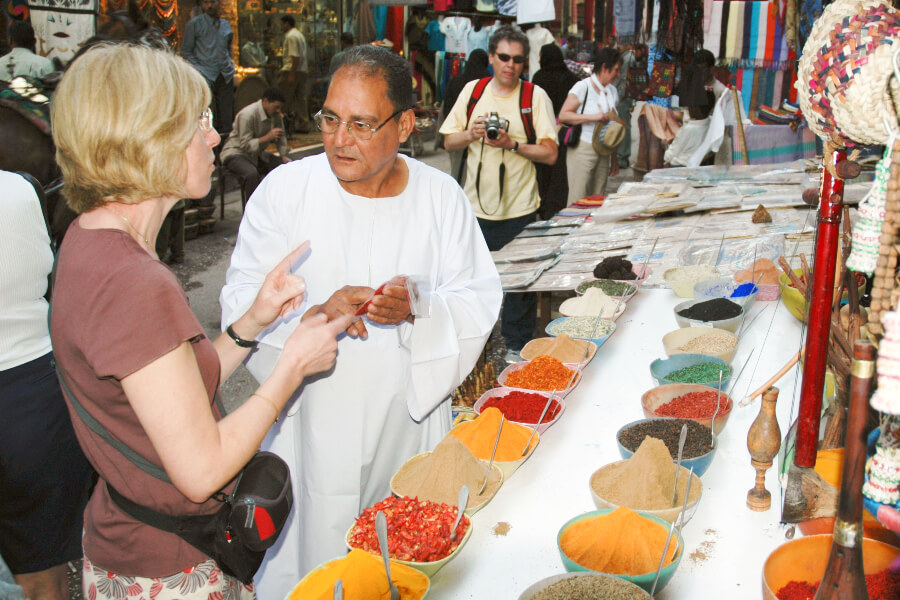
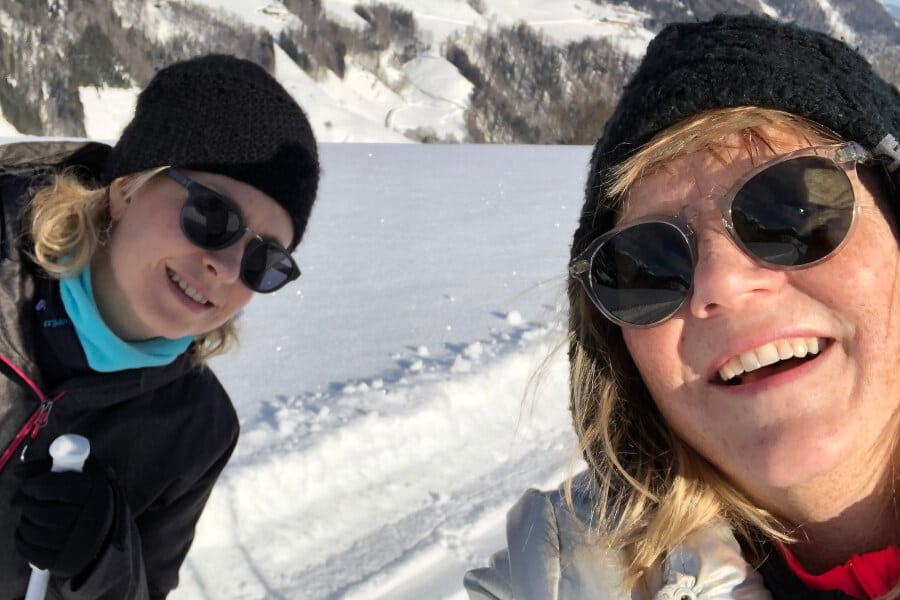
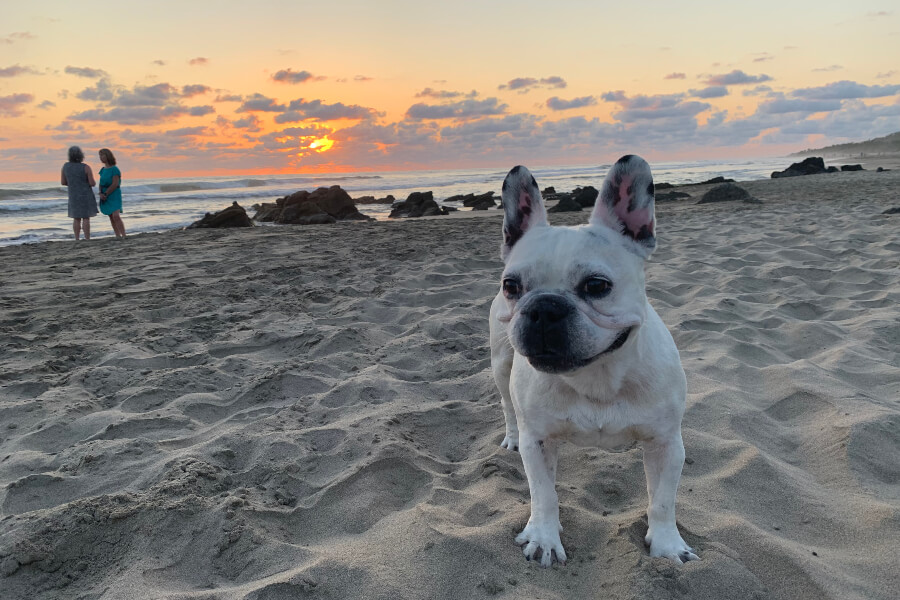

0 Comments